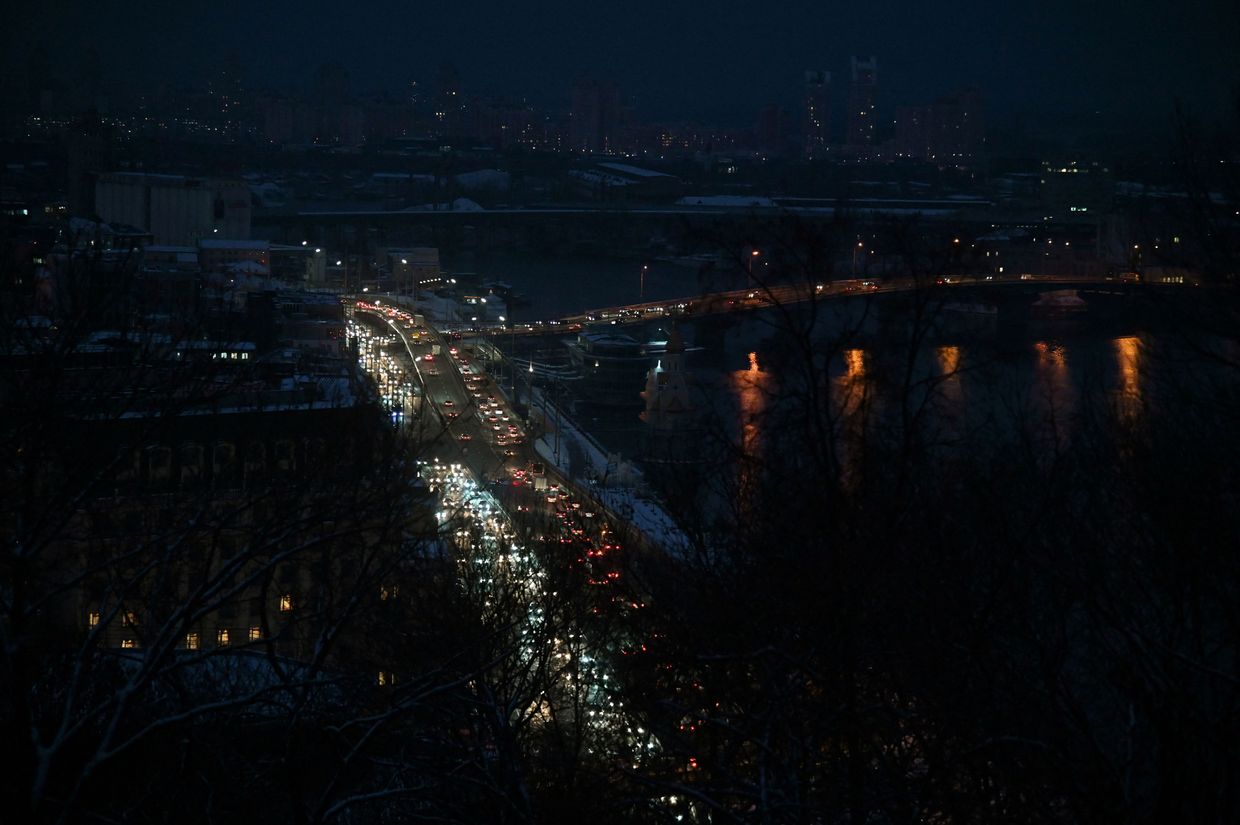Energy Supervision Agency: Electricity supply to improve in August

The situation of limited electricity supply will improve in August 2024 following the completion of scheduled repairs at a number of power units, the head of Ukraine's Energy Supervision Inspectorate, Ruslan Slobodyan, announced on June 19.
In recent months, Russia has intensified its attacks against Ukraine's critical infrastructure in a renewed assault against the country's energy grid. As a result of the attacks on energy infrastructure, Ukraine began implementing rolling blackouts on May 15.
According to Slobodyan, the agency is working on a list of facilities that demand constant energy supplies in each region of the country.
He also emphasized that Russian troops had caused serious damage and sometimes completely destroyed maneuvering generation facilities, which caused a shortage of electricity and the need to introduce stabilization outages.
The Agency chief also discussed mandatory scheduled repairs that are currently underway in Ukraine's power units. As these repairs continue, Slobodyan says, the electricity supply situation is expected to be somewhat difficult in the next month and a half.
Slobodyan expects "some relief" in August after the completion of the repairs at these units and a reduction in the number of facilities with guaranteed electricity supply.
Energy suppliers across all sectors continue to suffer from Russian attacks.
As a result of Russian attacks, about 45% of the facilities belonging to Ukraine's state-owned hydropower energy company, Ukrhydroenergo, have been destroyed. The company recently announced plans to restore 1 GW of generation in the short term and another 2.5 GW in long-term construction plans.
"Currently, the company's short-term plans include the intensive restoration of 1,000 MW of capacity for the normal passage of the autumn-winter period," the Ukrhydroenergo statement reads. "The long-term plans include the construction of 2,500 MW of new capacity. In addition, the key project is the reconstruction of the Kakhov HPP."
Ukrhydroenergo is also collecting water resources to help power the system in difficult months while also intensifying its cooperation with international partners to restore damaged energy infrastructure as soon as possible.











